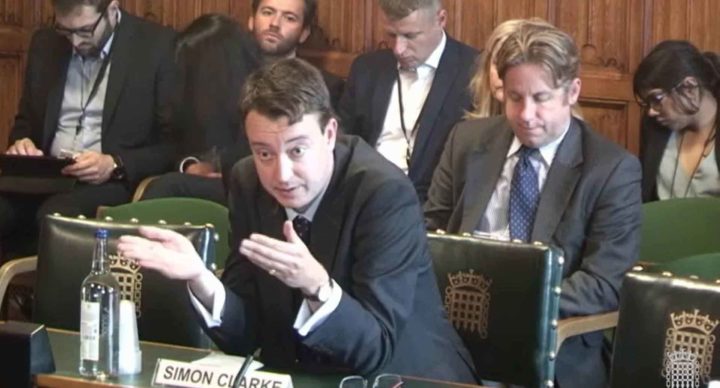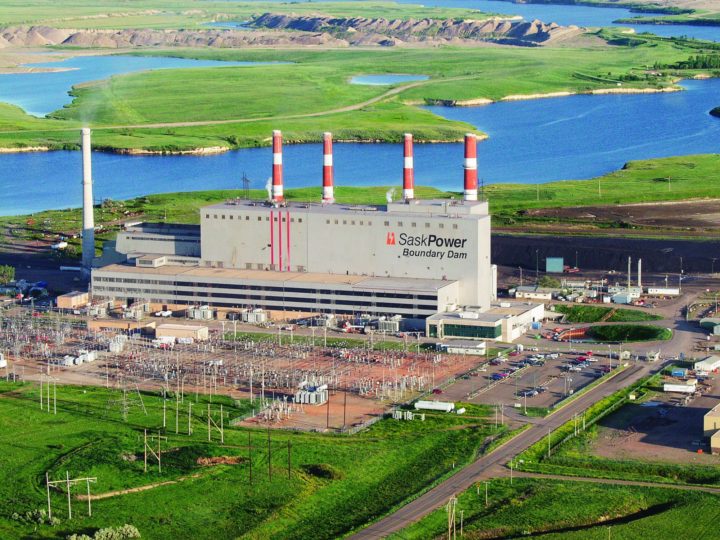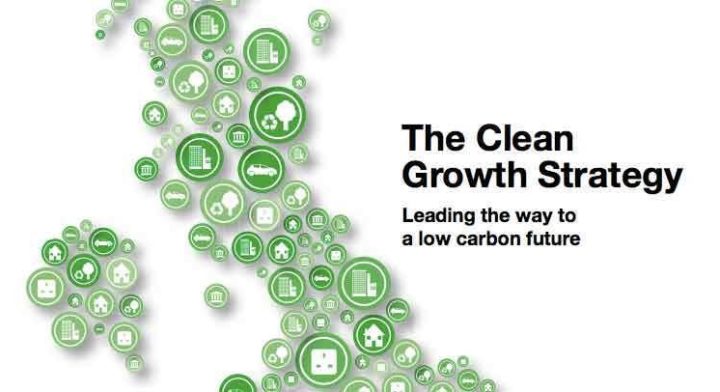MPs bury differences over carbon capture and storage
A kindler, gentler politics emerges in Westminster Hall CCS debate
By Sam Richards
Share
Last updated:
It was, in the words of the new MP for Middlesbrough South and East Cleveland, “the most pleasant debate he has taken part in since becoming an MP”. Opposition frontbenchers welcomed the Government’s recent Clean Growth Strategy. SNP MPs praised Conservative contributions. Lions may not have quite lain down with lambs, but they certainly offered them a paw.

Yesterday’s Westminster Hall debate on carbon capture and storage (CCS) came just a week after the publication of the new Clean Growth Strategy, in which the Government recommitted to a technology that is widely regarded as a key flagstone in the path to cost effective decarbonisation. The tone of the debate reflected the optimistic vision painted in the Strategy, and felt representative of a shift in the broader discourse around energy and climate policy.
Secured by Conservative Teesside MP Simon Clarke, the debate was intended to chivvy Ministers into overturning the decision of November 2015 when, at the last minute and at great expense, George Osborne withdrew support for two CCS demonstration projects in the UK. Fortunately enough for the Minister attending, the Government last week had already chivvied itself, with the Strategy setting out a headline investment figure of £100m for carbon capture usage and storage, and £20 million for a carbon capture and usage demonstration. Although not at the £1bn scale of the Osbo’d precedessor plan, in the words of another Conservative present, Peter Aldous MP, “my fox has been shot.”
Essential technology
The Intergovernmental Panel on Climate Change (IPCC) estimates that without CCS, the cost of meeting global climate change targets could increase by 138%, while Committee on Climate Change research shows that CCS could virtually halve the costs for the UK of meeting 2050 emissions reduction targets.

Without CCS it is hard to see how carbon intensive sectors like chemicals and steel could continue to operate in the UK, given the emissions reductions trajectory set out in the Climate Change Act. This deindustrialisation would hit areas already battered by the winds of globalisation, and worst of all would, as Simon Clarke set out in his remarks, be a “totally avoidable catastrophe”.
The Government now recognises this risk, and in her response Claire Perry went as far as to acknowledge the validity of criticism of the Nov ’15 reversal. This admission of error was representative of a constructive, co-operative discussion. Ms Perry praised the depth of knowledge of Labour MPs on the subject, while grizzled Corbynites stood up to welcome the Government’s wise decision. It felt less like the unedifying pub car park brawl of PMQs and more like a moment earlier in the night, when half-cut acquaintances warmly pat each other on the back and congratulate each other on excellent life choices.
There were a few clouds of doubt in our bright new sky. Labour’s energy stalwart Alan Whitehead gently teased the Government for publishing a strategy that in its own words failed to achieve its stated aim of reducing emissions to the level required by the fifth carbon budget, while SNP energy spokesman Drew Hendry described the Government’s CCS U-turn as “mealy-mouthed”.
A new politics?
Yet these were quibbles. The overriding themes were of an opposition pleased that the Government had listened to the sector, and a Government optimistic about the opportunities from new clean tech.

With new initiatives announced on a near-weekly basis by Michael Gove’s DEFRA, and a bold Clean Growth Strategy from BEIS, the debate feels light years away from “cutting the green crap”. Much credit is due to MPs such as Peter Aldous and Alan Whitehead who have been beavering away on these issues for years, and to newer entrants such as James Heappey and Rebecca Pow who have given an impetus based on modern-day evidence and imperatives. For their part, Government Ministers have listened and, now, acted on the huge potential of new emerging technologies.
There is work for both industry and Government to do – not least in ensuring that the Clean Growth Strategy lives up to its statutory requirement, to show how the country achieves a 57% cut in greenhouse gas emissions around 2030, through fruitful conclusions to the various consultations contained within it. But yesterday's debate was a reminder of how far energy policy has come in such a short space of time, of how much potential there is for it to go even further – and how solid the cross-party consensus still is on the rationale for continuing to cut our national carbon footprint via the most economically advantageous route.
Share